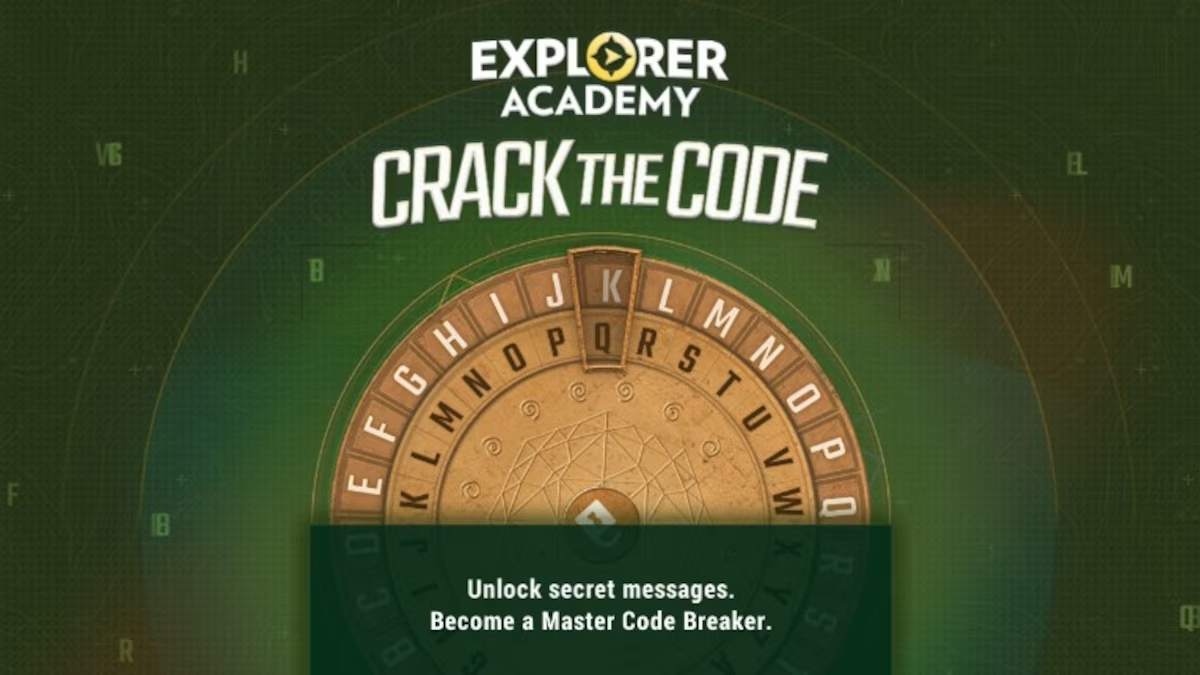In the ever-evolving landscape of marketing, understanding and effectively reaching Generation Z has become a paramount challenge for businesses. Born roughly between the mid-1990s and the early 2010s, Gen Z constitutes a demographic cohort characterized by its digital nativism, social consciousness, and distinct preferences. As an English professor with a keen interest in cultural shifts and communication dynamics, I find the strategies employed to engage this generation both fascinating and essential.
To crack the code of marketing to Gen Z, one must first comprehend their unique characteristics and preferences. Unlike their predecessors, Gen Z has grown up in an era inundated with technology, social media, and instant connectivity. They are digital natives, fluent in the language of memes, viral content, and online influencers. As such, traditional marketing tactics often fall flat with this audience.
One of the most effective strategies for engaging Gen Z is authenticity. This generation values sincerity and transparency in brands more than any before them. They can quickly sniff out inauthenticity and are unforgiving towards companies that attempt to manipulate or deceive them. Therefore, brands must strive to establish genuine connections with Gen Z by showcasing their values, supporting social causes, and actively listening to their feedback.
Moreover, Gen Z craves personalized experiences. They appreciate brands that recognize their individuality and cater to their specific needs and interests. Customization is key, whether it’s through targeted advertising, personalized recommendations, or interactive content. Brands that can adapt and tailor their messaging to resonate with the diverse interests and identities within Gen Z will undoubtedly gain their attention and loyalty.
Another essential aspect of marketing to Gen Z is embracing diversity and inclusivity. This generation champions equality and representation across race, gender, sexuality, and beyond. Brands that demonstrate a commitment to diversity not only align with Gen Z’s values but also reflect the increasingly multicultural world in which we live. By featuring diverse voices in their advertising campaigns, fostering inclusive spaces, and supporting marginalized communities, brands can earn the trust and respect of Gen Z consumers.
Furthermore, storytelling remains a powerful tool for capturing the attention of Gen Z. However, the nature of storytelling has evolved in the digital age. Gen Z gravitates towards authentic narratives that resonate with their lived experiences and aspirations. Brands must craft compelling stories that evoke emotion, spark conversation, and inspire action. Whether it’s through short-form videos on TikTok, immersive brand experiences on Instagram, or user-generated content campaigns, storytelling allows brands to connect with Gen Z on a deeper level.
Additionally, leveraging social media platforms is imperative for reaching Gen Z effectively. Platforms like Instagram, TikTok, Snapchat, and YouTube are central to their daily lives, serving as sources of entertainment, inspiration, and community. Brands must maintain a consistent presence on these platforms, producing content that is native to each platform and aligns with Gen Z’s consumption habits. Engaging with influencers and fostering user-generated content can also amplify a brand’s reach and credibility within this demographic.
In conclusion, cracking the code of marketing to Gen Z requires a nuanced understanding of their values, preferences, and behaviors. By prioritizing authenticity, personalization, diversity, storytelling, and social media engagement, brands can effectively connect with this influential generation. As marketers continue to adapt to the ever-changing digital landscape, embracing these strategies will be essential for success in capturing the hearts and minds of Gen Z consumers.
With careful consideration and a genuine commitment to understanding and respecting Gen Z’s unique perspective, businesses can unlock the immense potential of this demographic and forge meaningful connections that extend far beyond mere transactions.



